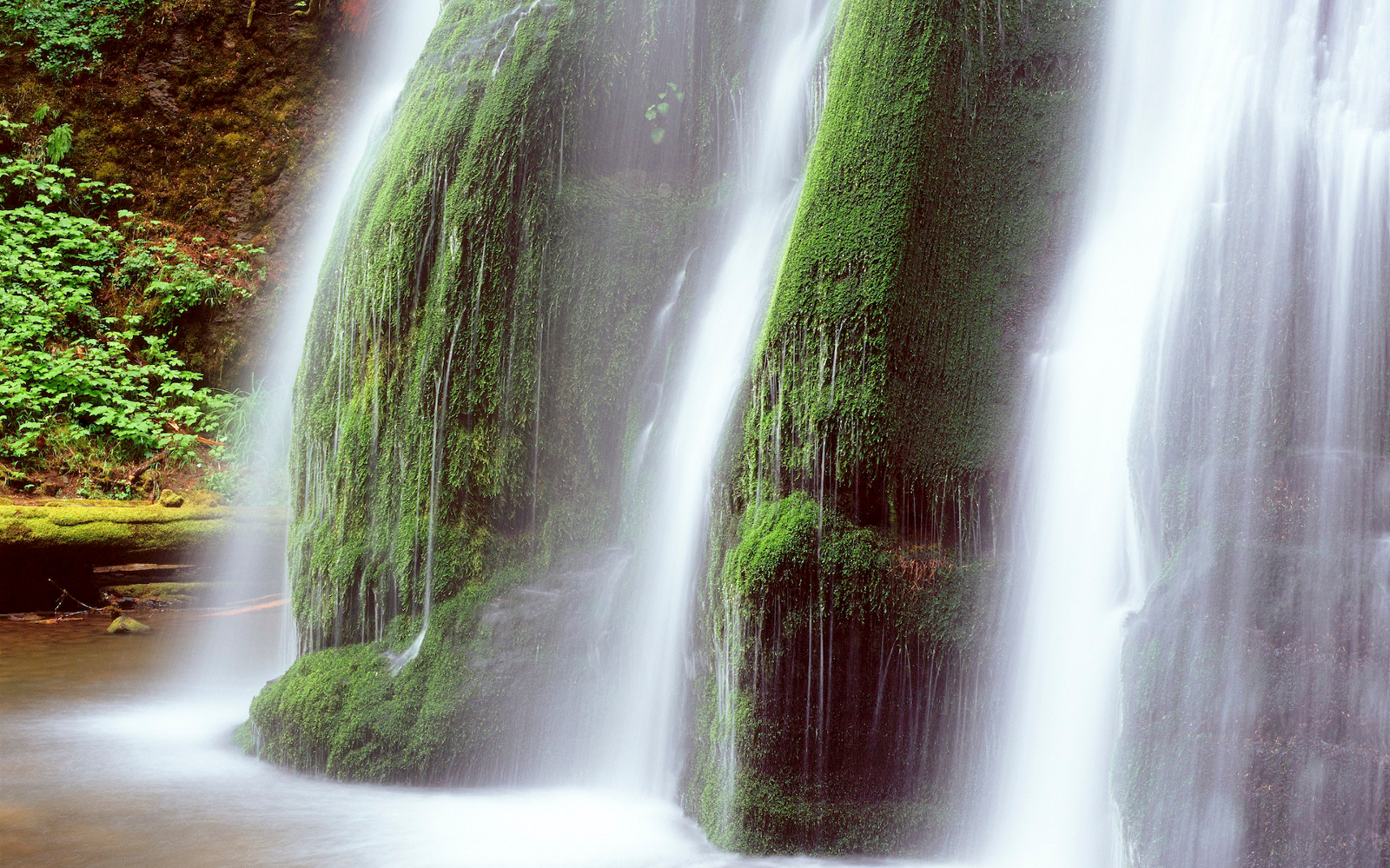For immediate release
May 31, 2017
May 31, 2017
Contact:
Nick Cady, Legal Director, Cascadia Wildlands, 314-482-3746
Salem, OR – The Oregon House passed legislation today in a show of bipartisan support to protect sensitive salmon and lamprey habitat from suction dredge mining. The Suction Dredge Reform bill (SB 3-A) takes a measured approach to protecting the most sensitive rivers and streams from the impacts of suction dredge mining, while still allowing suction dredges in areas where they do less harm.
Suction dredge mining is a form of recreational gold mining that uses a motorized, floating dredge to suck up the riverbed. Multiple scientific studies show that suction dredge mining can trap and kill young fish and fish eggs, release fine sediments that smother spawning gravel for salmon, and even stir up legacy mercury from historic mining operations.
The Suction Dredge Reform bill is the result of a long and collaborative process championed by the late Senator Alan Bates from southern Oregon. It represents a compromise, informed by input from anglers, conservation groups, local businesses, the mining industry, and others.
“The passage of Senate Bill 3 represents the triumph of local communities and the success of an incremental collaborative approach begun years ago with the passage of SB 838,” said Nick Cady, legal director of Cascadia Wildlands. “Its passage proves that if the state takes initiative and leadership on conservation issues, Oregonians will arrive at bipartisan solutions that benefit our local businesses and environment.”
Clean rivers that support healthy fish and vibrant recreation are critical to state and local economies. In 2008, the Oregon Department of Fish and Wildlife found that people spent $2.5 billion on fish and wildlife recreation in the state. The commercial fishing industry also relies on healthy rivers and salmon.
Under the Suction Dredge Reform bill, suction dredge mining is prohibited in spawning and rearing habitat for sensitive, threatened, or endangered salmonids and lamprey, termed “essential salmonid habitat.” Outside of these areas, suction dredge mining would be allowed under a Department of Environmental Quality (DEQ) permit that places certain limits on where and how suction dredges can be operated in streams.
This bill establishes a permanent regulatory framework to manage suction dredge mining. In 2013, the Legislature first recognized the need to better protect sensitive species when it passed a bill to study the issue and implement a temporary moratorium in salmon and bull trout habitat.
“Right now, temporary protections for the most sensitive streams end in 2021,” said Stacey Detwiler of Rogue Riverkeeper, “Today’s vote is critical for the health of Oregon’s rivers and the communities that rely upon them.”
Today’s vote is an important step forward, building on bipartisan support demonstrated in the Senate.
####

